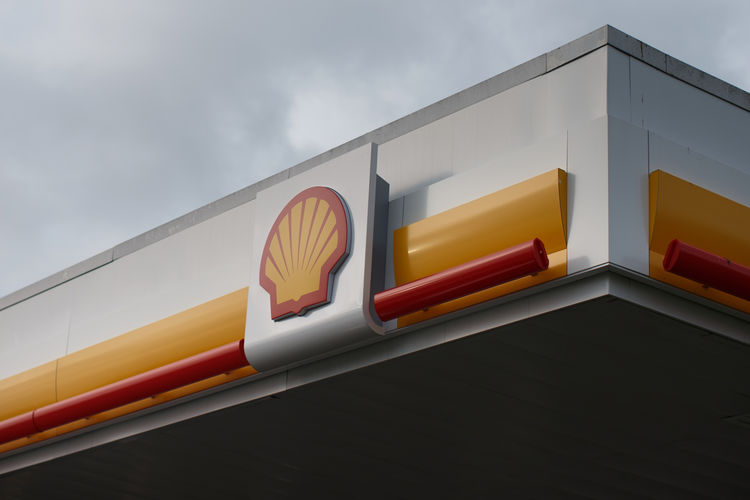- Nigeria Gets $29bn From Shell JVs in Four Years
The royalties and corporate taxes paid by Shell to the Nigerian government last year increased to $1.4bn from $1.1bn in 2015 on the back of the rise in crude oil prices, while the Shell Petroleum Development Company-operated joint ventures alone contributed $29bn to the federation’s purse between 2012 and 2016.
The royalties and taxes would have been higher but for the resurgence of militant attacks on oil and gas facilities in the Niger Delta that caused the nation’s production to plummet to a near 30-year low last year.
Shell-operated ventures in Nigeria recorded an output of 572,000 barrels of oil equivalent per day in 2016, down from 688,000 boepd in 2015.
The Country Chair, Shell Companies in Nigeria and Managing Director, SPDC, Mr. Osagie Okunbor, stated these at the presentation of the 2017 Shell Nigeria Briefing Notes.
Okunbor, who was represented by the Communications Manager, Shell Nigeria, Mrs. Sola Abulu, said, “Shell remains strongly committed to the development of Nigeria. Shell has been operating in Nigeria for more than 50 years.
“And it is not by chance that we have remained deeply committed to the development of Nigeria, her people and her economy by efficiently and responsibly producing oil and gas in onshore and offshore as well as distributing gas to industries and producing liquefied natural gas for export.”
Okunbor said the determination of Shell to support the monetisation of the nation’s huge gas resources led it to establish Shell Nigeria Gas in 1998, with current supply of gas to about 90 industrial customers in Ogun, Rivers and Abia states for power generation and processing by industries for the manufacture of domestic products.
He explained that the oil major paid special attention to the welfare of host communities, making Nigeria the second largest recipient of social investment spending in the Shell Group after the United States.
He said in a bid to involve more Nigerian contractors in its operations, the Shell Contractor Funding initiative was expanded with eight participating banks committing about $2.2bn to fund contract execution by indigenous companies working for Shell Companies in Nigeria.
According to Okunbor, since the programme’s creation in 2011, loans worth approximately $1bn have been awarded to 220 Small and Medium-Enterprises with no recorded defaults on repayment.

 Forex3 weeks ago
Forex3 weeks ago


 Naira2 weeks ago
Naira2 weeks ago
 Billionaire Watch2 weeks ago
Billionaire Watch2 weeks ago




 Naira2 weeks ago
Naira2 weeks ago




 Naira4 weeks ago
Naira4 weeks ago




 Naira2 weeks ago
Naira2 weeks ago


 Naira1 week ago
Naira1 week ago
 Banking Sector4 weeks ago
Banking Sector4 weeks ago





















